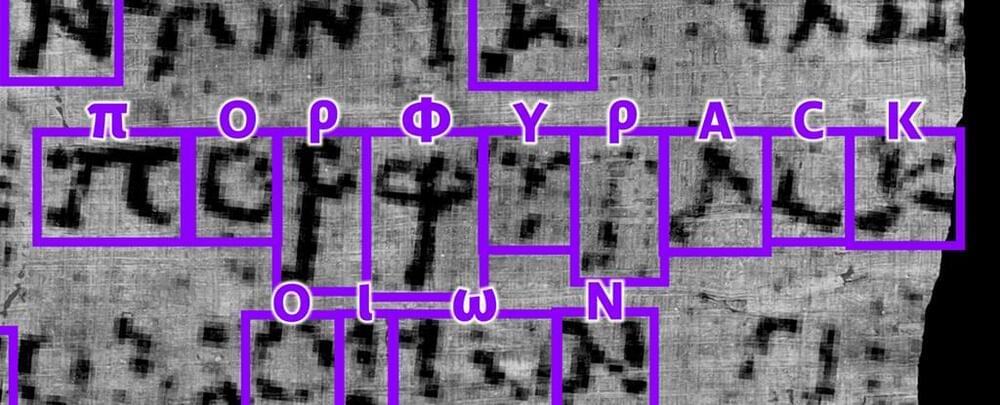Karin’s life took a dramatic turn when a farming accident claimed her right arm more than 20 years ago. Since then, she has endured excruciating phantom limb pain. “It felt like I constantly had my hand in a meat grinder, which created a high level of stress and I had to take high doses of various painkillers.”
In addition to her intractable pain, she found that conventional prostheses were uncomfortable and unreliable, and thus of little help in daily life. All this changed when she received groundbreaking bionic technology that allowed her to wear a much more functional prosthesis comfortably all day. The higher integration between the bionics and Karin’s residual limb also relieved her pain. “For me, this research has meant a lot, as it has given me a better life.”
Mechanical attachment and reliable control are two of the biggest challenges in artificial limb replacement. People with limb loss often reject even the sophisticated prostheses commercially available due to these reasons, after experiencing painful and uncomfortable attachment with limited and unreliable controllability.






